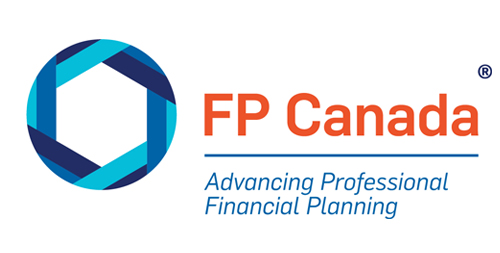Macroeconomics Theory
KNOWLEDGE EXPECTED OF: QAFP® Professionals
Highest Knowledge Level: Awareness
Knowledge Levels and Associated Verbs
|
Awareness
The state of being aware that something exists / to have familiarity with a particular activity or subject
|
Understanding
To comprehend the general relationship of particulars / to have an expertise with how something works
|
Application
Ability to put information to use / to use knowledge for relevant, practical purposes
|
Evaluation
To judge or conclude by utilizing data / a systematic determination of something’s worth or significance
|
||||||
|---|---|---|---|---|---|---|---|---|---|
|
Define
To state exactly the meaning of
|
Identify
To be aware of / to recognize and correctly name / to locate an appropriate resource
|
Explain
To make clear the meaning of / to describe something in more detail or reveal relevant facts or ideas related to it
|
Determine
To ascertain / to come to a decision, such as by investigation or reasoning
|
Compare
To note the similarities and differences between two or more things
|
Estimate
To determine an approximate value for
|
Calculate
To find the value using mathematics
|
Convert
To change from one form or purpose to another
|
Evaluate
To reach a conclusion or make a through careful study
|
Interpret
To give the meaning of / to construe or understand / to translate orally
|
Hold cursor over or click on each term to read its definition.
- Identify key economic trends, such as:
- Globalization
- Volatility in asset prices
- Growing debt to GDP levels
- Uncertainty in global markets
- Economic stability/instability
- Define macroeconomics.
- Define an economic cycle.
- Define a market cycle.
- Identify phases of the economic cycle, such as:
- Expansion
- Peak
- Contraction
- Trough
- Identify expected characteristics of each phase of the economic cycle.
- Interest rates
- Inflation
- Gross domestic product
- Exchange rates
- Asset values
- Identify the expected effect that macroeconomic variables (such as inflation, interest rates, and exchange rates) may have on the economic cycle and asset values.
- Define recession.
- Identify the relationship between economic cycles and investment market cycles.
KNOWLEDGE EXPECTED OF: CFP® Professionals
Highest Knowledge Level: Understanding
Knowledge Levels and Associated Verbs
|
Awareness
The state of being aware that something exists / to have familiarity with a particular activity or subject
|
Understanding
To comprehend the general relationship of particulars / to have an expertise with how something works
|
Application
Ability to put information to use / to use knowledge for relevant, practical purposes
|
Evaluation
To judge or conclude by utilizing data / a systematic determination of something’s worth or significance
|
||||||
|---|---|---|---|---|---|---|---|---|---|
|
Define
To state exactly the meaning of
|
Identify
To be aware of / to recognize and correctly name / to locate an appropriate resource
|
Explain
To make clear the meaning of / to describe something in more detail or reveal relevant facts or ideas related to it
|
Determine
To ascertain / to come to a decision, such as by investigation or reasoning
|
Compare
To note the similarities and differences between two or more things
|
Estimate
To determine an approximate value for
|
Calculate
To find the value using mathematics
|
Convert
To change from one form or purpose to another
|
Evaluate
To reach a conclusion or make a through careful study
|
Interpret
To give the meaning of / to construe or understand / to translate orally
|
Hold cursor over or click on each term to read its definition.
- Define macroeconomics.
- Define an economic cycle.
- Define a market cycle.
- Identify phases of the economic cycle, such as:
- Expansion
- Peak
- Contraction
- Trough
- Define recession.
Additional Knowledge Expected of CFP Professionals
- Explain key economic trends, such as:
- Globalization
- Volatility in asset prices
- Growing debt to GDP levels
- Uncertainty in global markets
- Economic stability/instability
- Explain expected characteristics of each phase of the economic cycle.
- Interest rates
- Inflation
- Gross domestic product
- Exchange rates
- Asset values
- Explain the expected effect that macroeconomic variables (such as inflation, interest rates, and exchange rates) may have on the economic cycle and asset values.
- Explain the relationship between economic cycles and investment market cycles.



